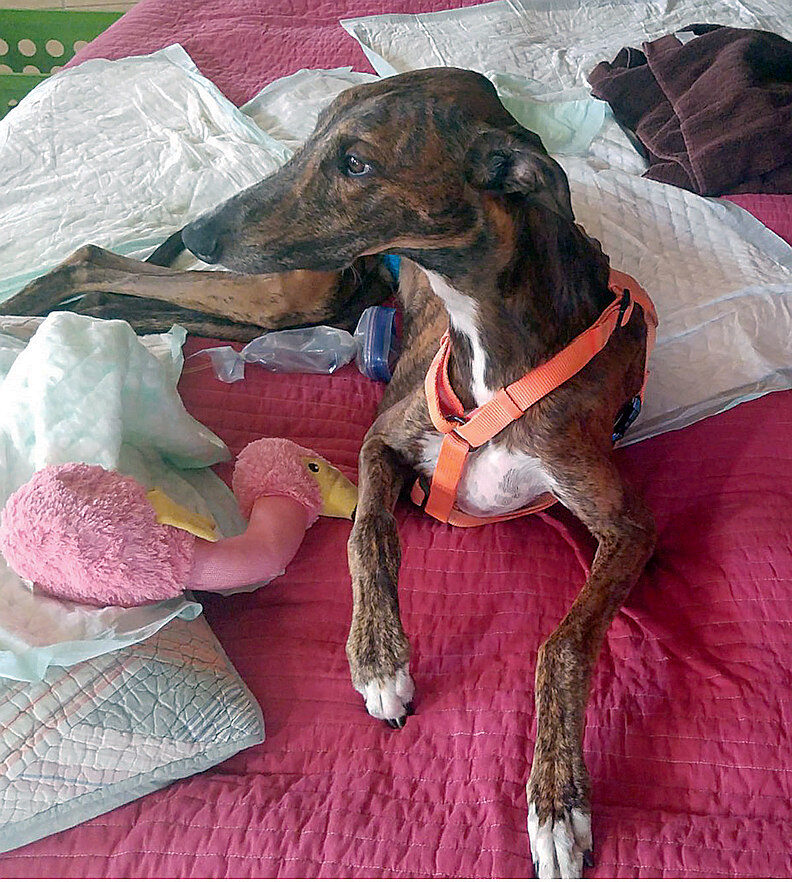By Patty Coyne, Titers for Pets Coordinator
Recently, the CDC extended a ban on dog imports from 100 high-risk rabies countries. The exception is individual owner/importers that meet four requirements. The dog must be six months old; be microchipped; have a rabies vaccination; and have validation of immunization using a serum antibody titer. (This approach is not allowed in Arizona.)

Rabies regulations are managed by each state and follow the Animal Rabies Prevention and Control Compendium and Resources released by the National Association of State Public Health Veterinarians. The operative sentence is, “The recommendations in this compendium serve as a basis for animal rabies prevention and control programs throughout the United States and facilitate standardization of procedures among jurisdictions, thereby contributing to an effective national rabies control program.”
For pet guardians who are immersed in dog events, over-vaccination is a known problem. It’s also well known that the rabies vaccine has the worst safety record of all and is the only mandated veterinary vaccine.
Unfortunately, most pet owners equate vaccines with health, and while they can definitely help control disease, they are not a perfect product. Adverse reactions are often not recognized unless they are immediate, and there is no surveillance to qualify claims. The veterinary community that understands this the best are Integrative (holistic) veterinarians, or veterinarians who witness the problem and change their approach. If an animal is immunized, there is simply no benefit to repeat vaccinations.
Currently, industry pressures are creating policies that dictate pets must have up-to-date (UTD) vaccinations, or a veterinarian will not see your pet. That narrative has made its way to other dog-related services and agreements.
This is not a scientific approach to medical management or public health. In addition, if a titer is not used to verify immunity, puppies can go unprotected for parvo after their puppy shots. Additionally, there is NO guarantee that a rabies vaccination results in immunization. A rabies antibody titer would, therefore, improve public health.
The science supports allowing a titer in lieu of re-vaccination.
If you’d like more information or wish to support our effort, please sign up for email updates at titersforpets.org. Time-sensitive calls and emails to legislators do make a difference and that is the primary reason for setting up the alert email system for a coordinated effort.

